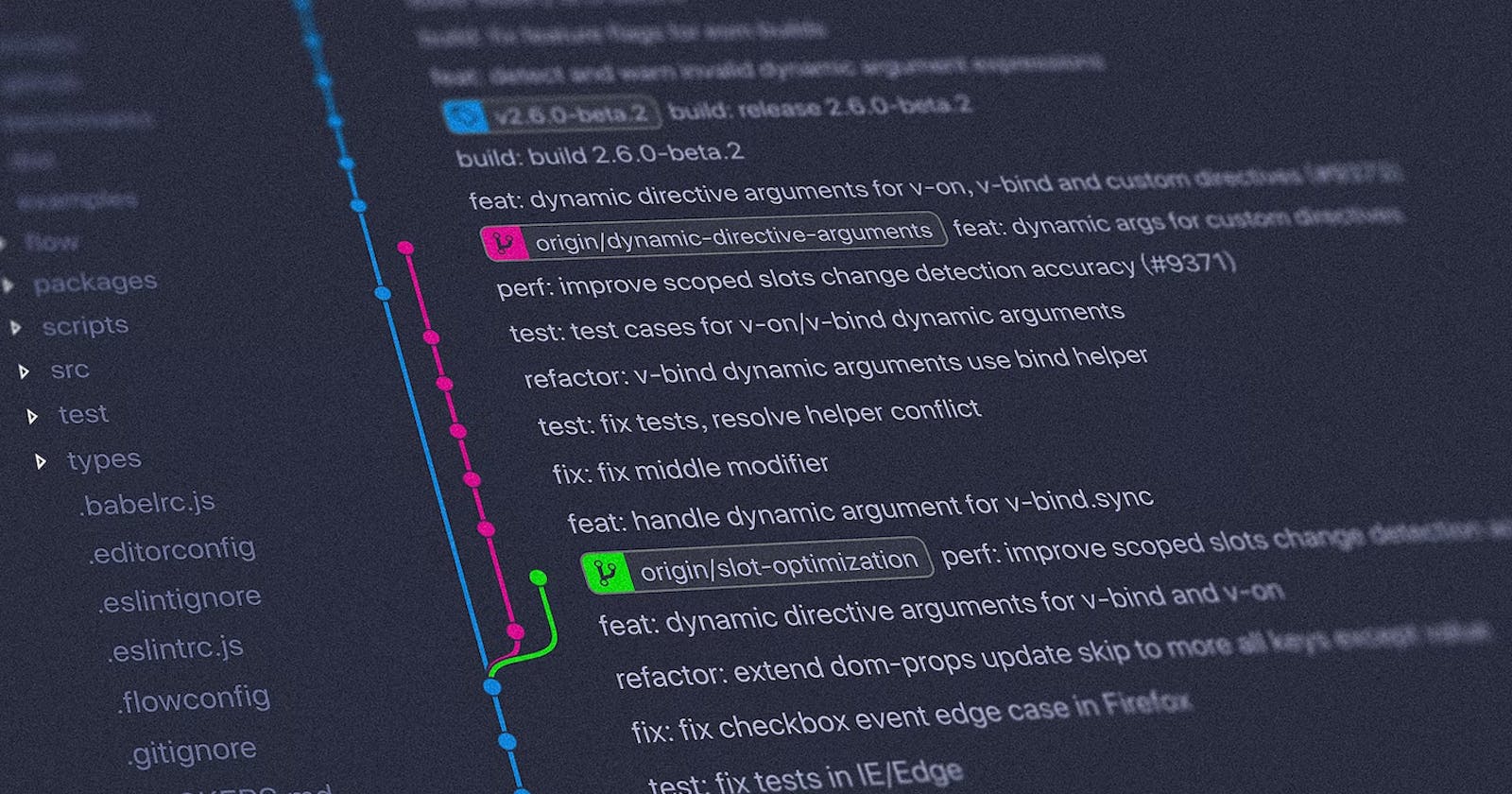Conventional Commits: A Guide to Better Code Management
Streamlining Code Management with Conventional Commits
In the world of software development, effective code management is essential for creating and maintaining successful projects. One of the most effective ways to manage code is by using conventional commits. Conventional commits provide a clear and standardised format for committing changes to your codebase, making it easier for teams to collaborate and manage code changes effectively. In this post, we'll explain what conventional commits are, who made the standard, how to use them, and why they're useful.
What are Conventional Commits?
Conventional Commits is a specification that defines a standardised format for commit messages. The format uses a structured syntax to provide a clear and concise description of the changes made to the codebase. The specification was developed by the AngularJS team at Google, and it has been widely adopted in the software development community.
Conventional Commits Commands
To use Conventional Commits, you can use various commands to specify the type, scope, and description of your changes. Here are some of the most commonly used commands:
feat:- Used when adding a new feature to the codebase.fix:- Used when fixing a bug or issue in the codebase.docs:- Used when updating documentation, such as README files or comments in the code.style:- Used when making cosmetic changes to the code, such as formatting or whitespace changes.refactor:- Used when refactoring the code, such as restructuring existing code without changing its functionality.test:- Used when adding or updating tests for the codebase.chore:- Used when making changes that don't affect the code, such as updating dependencies or configuration files.
Each command can also be followed by an optional scope, which specifies the part of the codebase being changed. For example, if you were making changes to the authentication system, you could use the command feat(auth): to indicate that you're adding a new feature to the authentication system.
The description of the changes should be a summary of the changes being made. It should be clear and concise and provide enough detail for team members to understand the nature of the changes.
Why are Conventional Commits Useful?
Conventional Commits provide several benefits for code management and collaboration. Here are a few reasons why they're useful:
Standardisation: By following a standardised format for commit messages, teams can easily understand the nature and scope of changes being made to the codebase. This helps improve communication and collaboration among team members.
Automation: Conventional Commits can be used to automate tasks such as generating release notes, changelogs, and version numbers. This can save time and reduce the risk of errors when managing code changes.
Better Documentation: Commit messages that follow the Conventional Commits format to provide better documentation for the codebase, making it easier for new team members to get up to speed on the project.
Improved Code Quality: By providing a clear and concise description of changes, Conventional Commits can help improve code quality by encouraging developers to think more carefully about the changes they're making and how they impact the codebase.
The Conventional Commits specification website provides detailed information on how to use the format and additional commands that can be used. You can visit the website at conventionalcommits.org.
In conclusion, Conventional Commits are a simple yet powerful tool for managing code changes effectively. The specification was developed by the AngularJS team at Google, and it has been widely adopted in the software development community. By following a standardised format for commit messages and using the appropriate commands, teams can improve communication, automate tasks, provide
